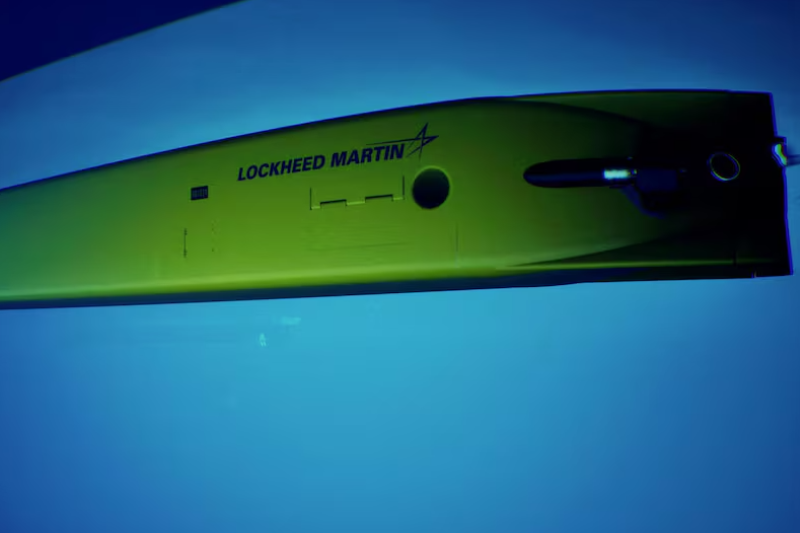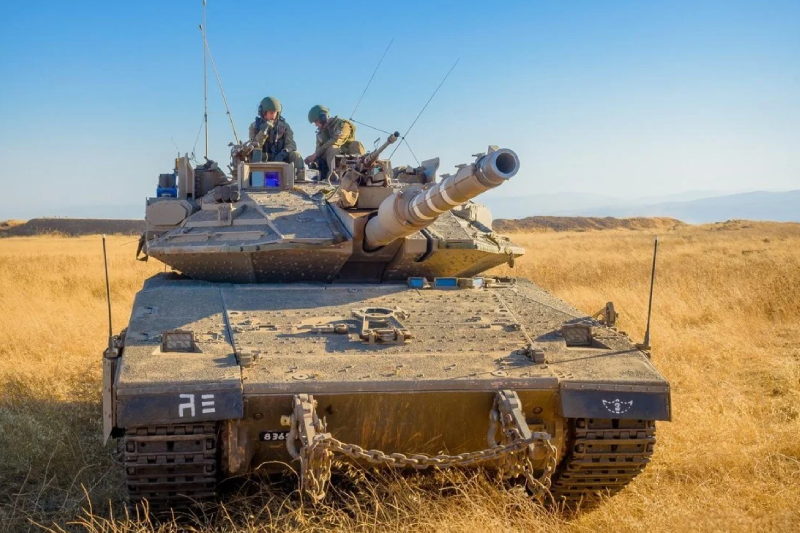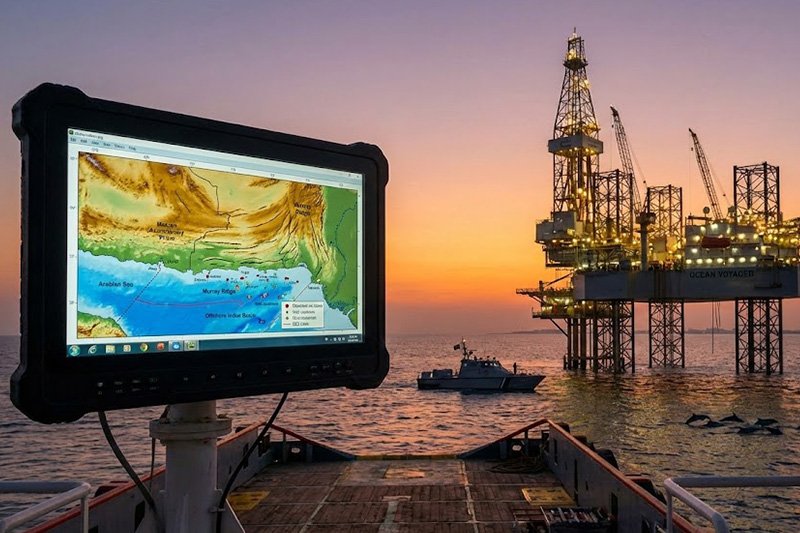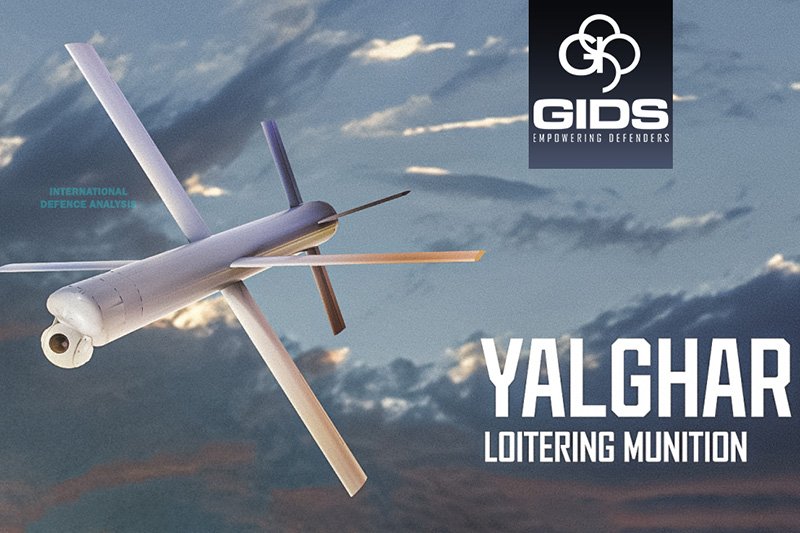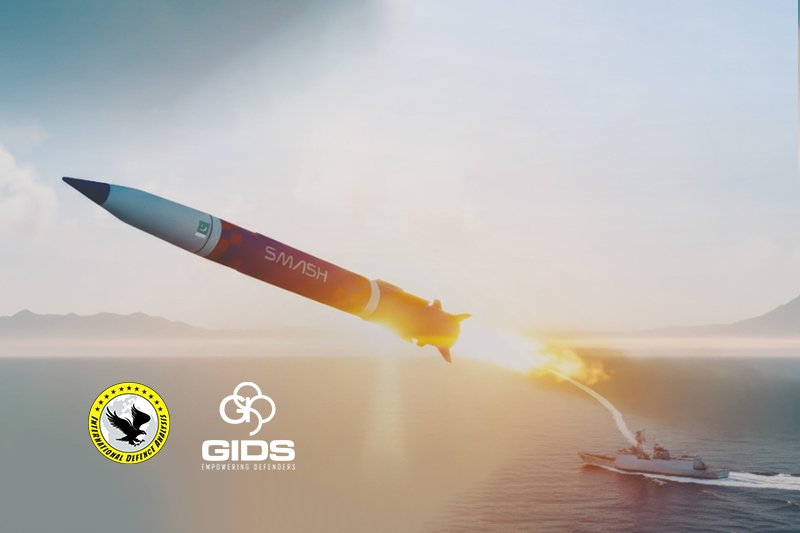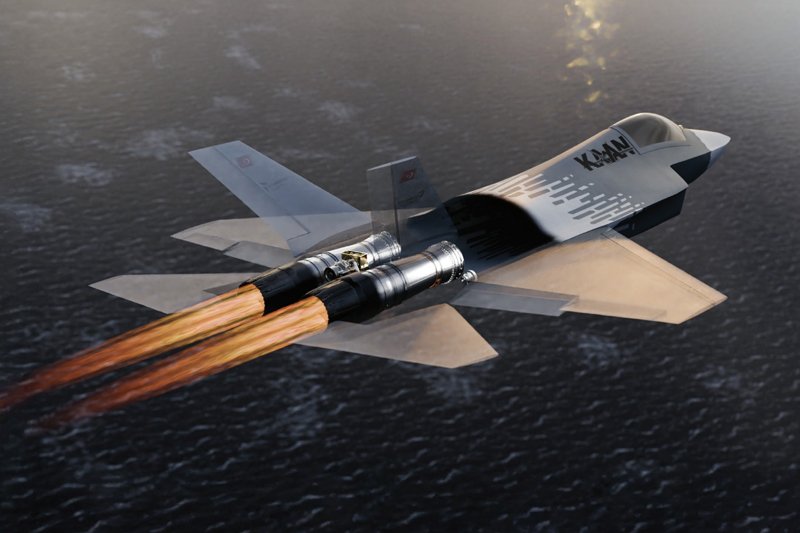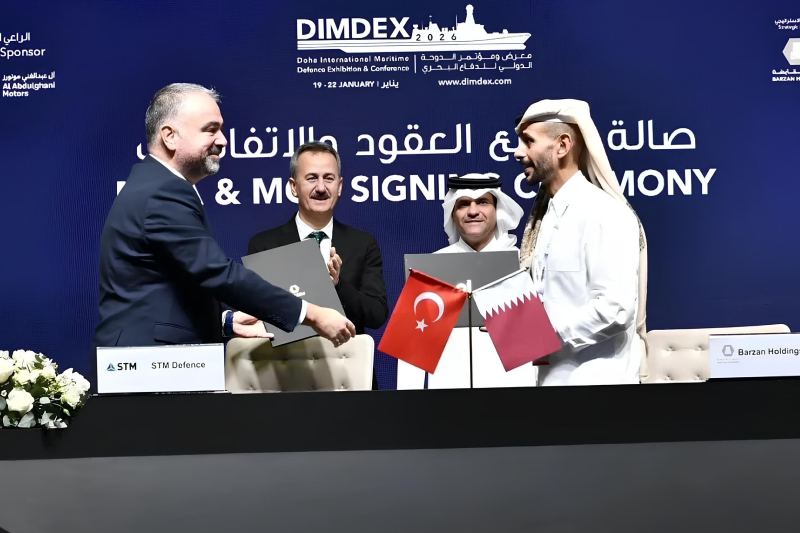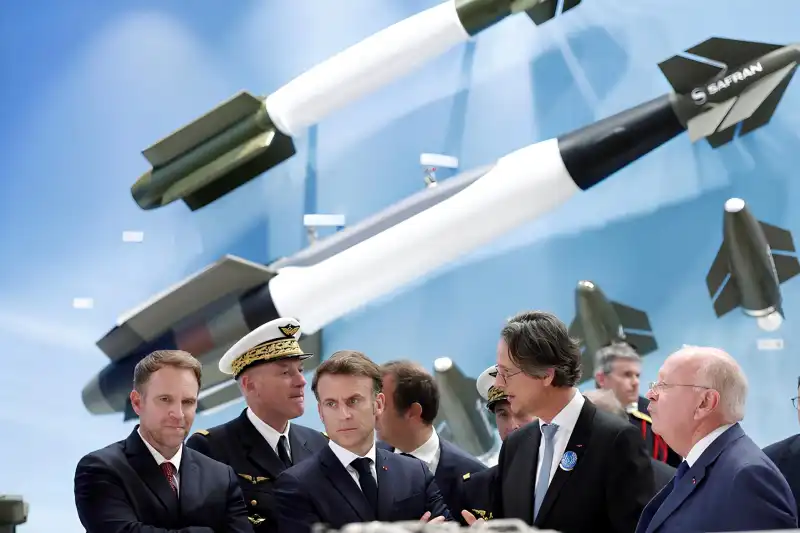France to Increase Defense Budget by $7.6B, Macron Announces
French President Emmanuel Macron has announced a significant increase in military spending, committing an additional €6.5 billion ($7.6 billion) over the next two years to address unprecedented security challenges facing Europe. This substantial investment reflects France’s strategic response to evolving global threats and the changing geopolitical landscape that has emerged since Russia’s full-scale invasion of Ukraine.
The announcement came during Macron’s traditional speech to the military on the eve of Bastille Day, where he outlined France’s ambitious defense modernization plans. The increased spending represents a dramatic escalation in French military investment, demonstrating the country’s commitment to maintaining its position as a leading European defense power in an increasingly unstable international environment.
Macron revealed that France aims to reach €64 billion ($74.8 billion) in annual defense spending by 2027, marking the final year of his second presidential term. This target represents a remarkable doubling of defense expenditure compared to the €32 billion allocated annually when he first assumed the presidency in 2017.
The substantial increase in military spending reflects France’s recognition that traditional defense budgets are inadequate for addressing contemporary security challenges. The proposed spending levels would position France among the top European military spenders, reinforcing its role as a key pillar of European defense capabilities and NATO alliance strength.
Macron has ordered France’s top military and defense officials to initiate a “strategic dialogue” with European partners regarding the potential role of the French nuclear arsenal in protecting Europe. This development represents a significant shift in French nuclear doctrine, potentially expanding the protective umbrella of French nuclear deterrence beyond national borders.
The strategic dialogue initiative comes as France and Britain have recently agreed to cooperate on nuclear arsenal issues, suggesting a broader European approach to nuclear deterrence. This cooperation could fundamentally reshape European security architecture by creating integrated nuclear defense strategies that enhance collective deterrence capabilities against potential adversaries.
The French president emphasized that freedom has never been so threatened since 1945, citing the return of nuclear threats and proliferation of major conflicts as primary concerns. Macron specifically highlighted Russia’s war in Ukraine and conflicts in the Middle East as immediate security challenges requiring enhanced military preparedness.
Beyond traditional military threats, Macron identified modern challenges including online disinformation campaigns by foreign governments and propaganda operations targeting children in “the screen era.” These cyber and information warfare capabilities represent new domains where France must develop defensive and offensive capabilities to protect national interests.
French Defense Minister Sebastien Lecornu has emphasized the critical importance of increased spending on defense technology and improved training for engineers and technicians. The minister warned that major powers and proliferating countries are secretly developing quantum computers that could revolutionize battlefield capabilities in the near future.
Lecornu’s statements highlight the technological dimension of modern military competition, where advanced computing capabilities, artificial intelligence, and quantum technologies are becoming decisive factors in military effectiveness. France’s investment strategy must address these emerging technologies to maintain competitive advantages in future conflicts.
Despite massive national debts, Macron insists that France can find the necessary funding for increased military spending without compromising fiscal responsibility. This position faces political challenges from various quarters, with conservative and far-right parties supporting increased defense spending while left-wing parties criticize prioritizing military expenditure over social welfare benefits.
The debate over defense spending priorities reflects broader European discussions about balancing social programs with security investments. France’s approach may influence other European nations grappling with similar choices between domestic priorities and defense modernization requirements.
Macron argued that Europe faces danger not only from regional conflicts but also because “the United States has added a form of uncertainty” to the security equation. This assessment reflects European concerns about American commitment to transatlantic security relationships and the need for European strategic autonomy.
The timing of Macron’s announcement coincides with expectations that President Donald Trump will announce his stance on Russia, while NATO leadership travels to Washington for crucial discussions. These developments underscore the interconnected nature of American and European security policies and the importance of coordinated responses to shared threats.
French officials have been actively engaging with the Trump administration to bolster Ukraine’s air defense capabilities, demonstrating France’s commitment to supporting Ukrainian resistance against Russian aggression. This diplomatic effort reflects broader European concerns about maintaining consistent international support for Ukraine’s defense efforts.
Trump’s recent announcement of plans to sell NATO allies weaponry that can be transferred to Ukraine represents a potential mechanism for enhancing Ukrainian defensive capabilities. France’s increased military spending could facilitate greater contributions to such cooperative defense arrangements.
Also read this: North Korea Reiterates Support for Russia’s Invasion of Ukraine
France’s dramatic increase in military spending signals a fundamental shift in European defense thinking, moving from post-Cold War assumptions about peaceful international relations to recognition that military strength remains essential for protecting democratic values and national sovereignty.
The success of France’s defense modernization program could serve as a model for other European nations seeking to enhance their military capabilities while maintaining fiscal responsibility. This investment strategy may ultimately strengthen European collective defense capabilities and reduce dependence on American security guarantees.
Keep connected with us at Facebook, Twitter, YouTube, Instagram & TikTok for the latest defense happening around the globe.
Discover more from International Defence Analysis
Subscribe to get the latest posts sent to your email.



